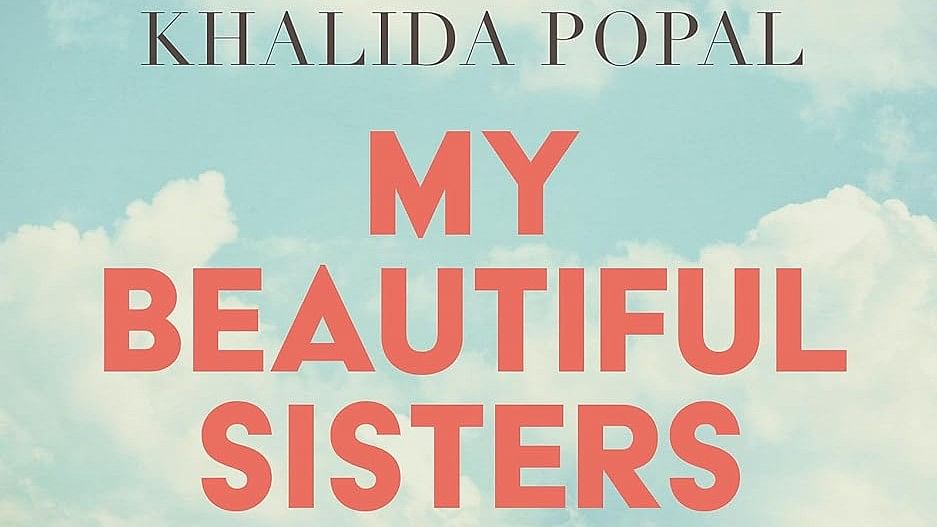
My Beautiful Sisters
The international community that once bore witness to the plight of Afghan girls and women under the Taliban regime seems to have forgotten that education and sports continue to be out of reach for almost half of Afghanistan’s population. Even the United Nations failed in achieving their mandate of ensuring equal participation and full involvement of women in peace negotiations when Afghan women were not invited to talk about their concerns at Doha III, a UN-led meeting between special envoys on Afghanistan and Taliban leaders this June.
Khalida Popal, former captain of the Afghan national women’s football team, is determined though to not let the world forget about the hardships and hopes of Afghan women. Her memoir, My Beautiful Sisters, is a heartbreaking record of the silent battles that football players have waged to break free from the norms laid down not only by the Taliban but also by seemingly progressive men in leadership roles who claim to open doors for women.
The book opens with a warning that it has “descriptions of sexually abusive behaviour and suicidal ideation” so that readers can figure out whether they feel ready to read it or not. This is useful because such descriptions are scattered throughout the book. The author and other football players have suffered too much and for too long, and therefore, they need to let it all out.
The author grew up in a home where she was deeply cherished and encouraged to pursue her interests but most of the girls whom she mentored came from families where their mobility was restricted and their attire was monitored to preserve their so-called honour. She writes movingly of the strategies that she devised to create opportunities for other women who wanted to play football as it gave them a momentary escape from their suffocating lives.
She recalls, “We would chuck down our school bags and play, the material of our hijabs catching in the wind as we ran, laughter ringing round the yard.” Such beautiful scenes of unadulterated joy are few and far between since these football players lived among men who felt insecure and believed that girls and women must only clean the house, cook for their families, wash clothes and dishes, and give birth to children. Those who aspire for a life involving sports were called prostitutes and sexually assaulted as a form of punishment.
How did the author become the captain of the team in this socio-political context? What price did she and her “beautiful sisters” — an expression used to talk about fellow football players — have to pay to chase their dreams? Looking back, do they regret the risks they took?
The book answers all these questions. While it is told from one woman’s perspective, it aims to speak for several Afghan football players who had similar experiences. Learning from previous experiences, Popal does not want to put them in danger, so she uses pseudonyms.
This is not an easy book to read because it brings one face-to-face with the cruelty and depravity that human beings are capable of. When two male coaches who accompanied the women’s team to Jordan were reported for sexual harassment, action was taken against them but the women who complained were kicked off the team. Popal writes, “They were accused of being lesbians, a hugely taboo thing in Afghanistan, which is extremely homophobic.”
This book documents the work that Popal, her fellow players, coaches, journalists and influential contacts in the football world had to put in to expose the alleged widespread sexual abuse of players by Keramuddin Karim, former president of the Afghanistan Football Federation. The Fédération Internationale de Football Association (FIFA) fined him and banned him for life but authorities in Afghanistan have been unable to arrest him.
Popal’s resolute spirit is the proverbial silver lining around the dark cloud that this book is. She comes across as heroic but not superhuman, as vulnerable but not broken. She expresses a lingering sadness for what her family had to bear because of her choices. Apart from football, she writes about her love life, the fragrance of wet henna, the fulfilment she finds in supporting other people, and a big courtyard filled with apple, pear and pomegranate trees.
The book also provides glimpses into the experience of being an asylum seeker in countries like Pakistan, Denmark and Norway. She recalls, “We waited like packages that had been sent to the wrong address.” What she learnt from this ordeal came in handy when she had to help rescue almost the entire women’s football team and get them on planes flying out of Afghanistan.